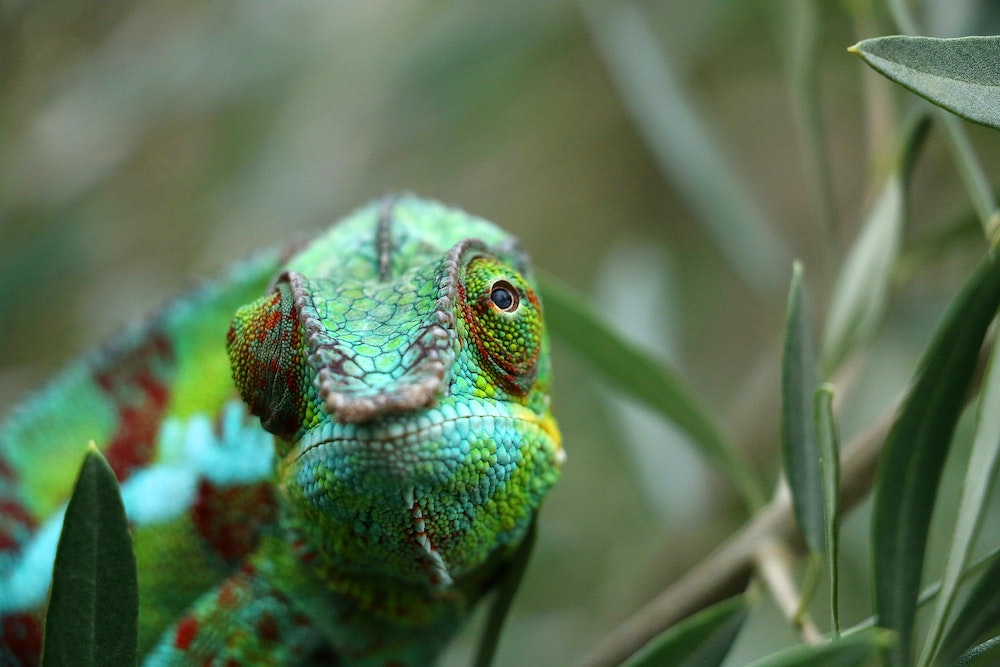How to become a Moral Omnivore

The existing food system has a problem because it needs to be morally and sustainably sound. The current food system is based on the industrial farming of animals, which is inhumane. In addition, the current food system is also responsible for environmental degradation and the exploitation of workers.
The definition of a Moral Omnivore
An ethical omnivore is someone who carefully and thoughtfully chooses what they eat based on the ethical implications of their food choices. They consider the treatment of animals, the environment, and the workers involved in producing their food.
Ethical omnivores are frequently vegan or vegetarian but will also eat meat, dairy, and eggs if they can be confident that the animals are treated with respect and humaneness. They might also choose to eat only locally sourced and sustainable foods.
Becoming an ethical omnivore is a personal journey that requires time and effort to learn about the complex issues involved in food production. But it's worth knowing that you're eating in a way that aligns with your values.
The benefits of being a Moral Omnivore
There are many benefits to being a Moral Omnivore. For one, you get to enjoy the taste of all kinds of food! You also feel good about yourself because you know you're doing the right thing by being an ethical eater.
Some might think that being a Moral Omnivore is expensive, but it doesn't have to be! You can find affordable, ethical food options at your local farmers market or co-op. And, when you cook at home, you can save even more money.
Another great benefit of being a Moral Omnivore is that you get to help make the world a better place. By eating ethically, you're supporting sustainable agriculture and the humane treatment of animals. Additionally, you're doing your part to lessen your carbon impact and safeguard the environment.
The guidelines for being a Moral Omnivore
In a world where the food we eat is often laden with environmental, ethical, and health concerns, it can be hard to know what the right thing to do is. But there is a way to eat that minimizes these concerns while still enjoying a delicious and varied diet: moral omnivorism.
Moral omnivorism is all about making informed choices about the food you eat. That means taking into account not just your preferences and health needs but also the impact your food has on animals, the environment, and the people who produce it.
Here are some guidelines for becoming an ethical omnivore:
1. Educate yourself about the issues involved in food production.
2. Choose foods that have been produced ethically and responsibly.
3. Support farmers and producers working to improve conditions for workers, animals, and the environment.
4. Advocate for better policies and regulations around food production.
5. Vote with your wallet by spending money on companies and products that align with your values.
How to make the transition to being a Moral Omnivore
Keeping up with the most recent trends and fads can be difficult in our fast-paced, constantly evolving world. But one trend here to stay is the growing interest in plant-based diets. Whether motivated by concerns for animal welfare or the environment, more people are interested in reducing their consumption of meat and animal products.
This guide is for you if you want to move to a plant-based diet but need help figuring out where to begin. Here we'll cover some of the basics of what it means to be a "moral omnivore," as well as how to transition to this way of eating.
So what exactly is an ethical omnivore? But, it's someone who considers the ethical implications of their food choices. That means considering how animals were treated before they ended up on your plate, whether the food was environmentally sustainable, and whether it's healthy for you and those around you.
Conclusion
Becoming an ethical omnivore is an essential step in creating a sustainable food system and taking responsibility for the impact our diet has on animals, the environment, and our health. With these tips, you can become a more conscious eater and make ethical and healthy decisions.
You can significantly impact the planet while enjoying delicious meals by making minor changes to your diet, such as reducing meat consumption or choosing organic produce. For you to start making wise food decisions right away, this article has given you the knowledge you need to understand what it takes to become an ethical omnivore.
